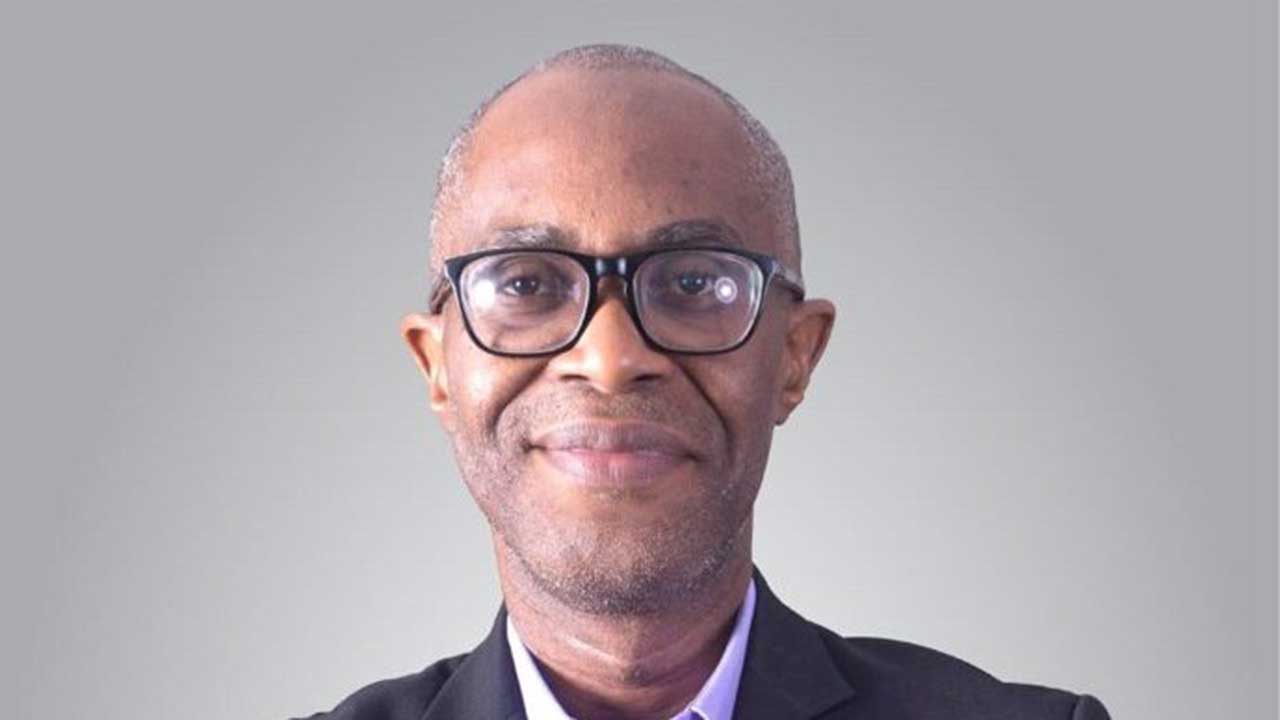Cybercrime: China, Nigeria open talks on detained nationals
The Chinese government has initiated discussions with Nigerian authorities following the recent arrest of several Chinese nationals in connection with cybercrime and illegal mining.
The Chinese Embassy in Nigeria confirmed in a response via mail to Sunday PUNCH that it was in close communication with key law enforcement agencies, including the Economic and Financial Crimes Commission, and the Nigeria Communications Commission, to ensure due process in the ongoing investigations.
The embassy reiterated its commitment to supporting the country’s efforts in combating cybercrime and illegal mining, as law enforcement agencies intensify crackdowns on illicit activities involving foreign nationals.
It stressed that cybersecurity is a global challenge that requires international cooperation. It reaffirmed China’s firm stance against cybercrime and pledged to work closely with Nigerian authorities to strengthen security efforts.
The embassy also urged Chinese citizens in Nigeria to strictly abide by local laws and regulations, warning against any involvement in illegal activities.
“Cyber security is a global challenge from which no country can stay aloof. The Chinese government stands firm with Nigeria and other countries in combating cross-border cybercrimes and building a common, comprehensive, cooperative and sustainable security.
“The Chinese Embassy in Nigeria always urges Chinese citizens in Nigeria to strictly abide by local laws and regulations, and refrain from engaging in any illegal or criminal activities.
“About the cases you mentioned, the Chinese Embassy in Nigeria maintains close communications with the Ministry of Foreign Affairs of Nigeria, EFCC, NCCC and other relevant departments in the investigation, and will render support when needed.
“The Chinese Embassy in Nigeria will continue to deepen law-enforcement cooperation with Nigeria to step up efforts to combat cross-border illegal and criminal activities,” it stated.
Nigeria has intensified its crackdown on cybercrime and illegal mining, with over 419 foreign nationals arrested in the past six months as law enforcement agencies ramp up efforts to tackle these illicit activities.
A global report released in April 2024 ranked Nigeria as the fifth-largest source of cybercrime, following Russia, Ukraine, China, and the United States.
The World Cybercrime Index, produced by researchers from the University of Oxford and the University of New South Wales, identifies Nigeria as one of the world’s major cybercrime hotspots. Other countries in the top 10 include Romania, North Korea, the United Kingdom, Brazil, and India.
Illegal mining has also become a major concern, particularly in the extractive sector, with numerous arrests of Chinese and West African nationals in recent months.
On August 29, 2024, the Economic and Financial Crimes Commission arrested five Chinese nationals for illegal mining in Akwa Ibom State.
On September 15, EFCC arrested five Chinese nationals accused of illegal mining activities in Akwa Ibom State.
On October 2, 2024, the Zamfara State Police Command arrested six foreigners from Burkina Faso and Niger Republic in connection with illegal mining and banditry.
Later that month, on October 28, three Chinese nationals were apprehended for illegal mining in Nasarawa State.
Law enforcement agencies have also intensified efforts against cybercrime. On November 4, 2024, the police arrested 113 foreign nationals, mostly from China and Malaysia, for alleged cybercrimes and hacking activities.
On December 10, 2024, the EFCC detained 193 suspected cybercriminals, primarily Chinese nationals, in Lagos State.
They were reportedly operating from a seven-story building believed to be a cybercrime training hub.
On January 21, the Nigeria Immigration Service in Rivers State arrested 90 foreign nationals allegedly involved in cybercrimes.
A retired ambassador, Rasheed Akinkuolie, pointed out that the lack of a strong and decentralised policing structure makes it easier for international criminal networks to operate in the country, with local accomplices and even corrupt law enforcement officials complicating the situation.
He advocated the establishment of state police, which would be more attuned to local needs, capable of detecting, preventing, and containing crimes at both the state and community levels.
At the same time, he emphasised that the federal police, working with international law enforcement agencies such as Interpol, should be focused on transnational crimes, including cybercrime, arms and drug trafficking.
A stronger and more coordinated policing system, according to him, would prevent international criminals from finding refuge in Nigeria.
He said, “The security system in Nigeria is weak, which makes it easy for international criminal gangs to operate freely within Nigeria with their local accomplices.
“There is also complicity with corrupt law enforcement agents. It is a well known fact that illegal mining is fuelling the insurgency in Nigeria. Foreigners, especially from Asia, operate freely in places controlled by Nigerian terrorists. And the proceeds of such criminal activities are shared with the terror groups.
“The centralised policing system in Nigeria cannot cope with the magnitude of crimes in Nigeria. There must be state police, which will detect, prevent, contain and fight criminal activities, at state and community levels.
Another former ambassador, Ogbole Amedu-Ode, suggested that Nigeria might have created an environment that attracts such offences.
“Given this scenario—of foreigners, in their numbers, being arrested for criminal activities within our national space—it is suggestive of our creating and having the enabling environment that attracts them,” he stated.
Amedu-Ode referenced Nigeria’s past strict enforcement measures, particularly during the military regime of former President Muhammadu Buhari, when drug trafficking was punishable by death. According to him, the policy significantly reduced drug-related crimes and earned Nigeria greater international respect.
“Recall that during Buhari’s military regime, when we had the death sentence for drug trafficking, the incidence of drug running was not only reduced to the barest minimum but that we garnered a lot of respect internationally! Nigerian travelers were not profiled at all, unlike what obtains in our contemporary times,” he said.









